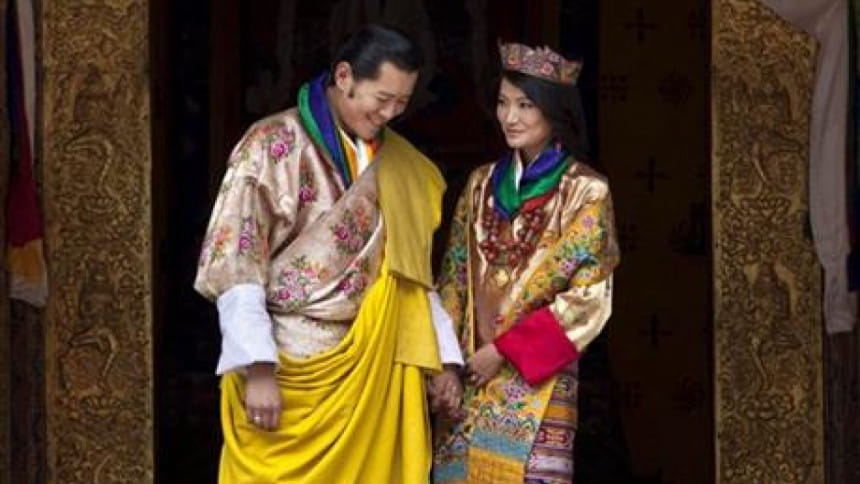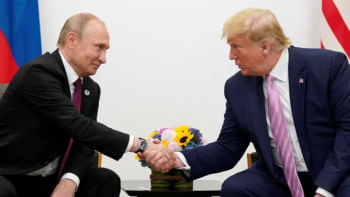Bhutan's queen gives birth to a baby boy

The tiny Himalayan nation of Bhutan has a new crown prince.
The Royal Media Office in capital Thimphu said that the baby boy was born on Friday to King Jigme Khesar Namgyal Wangchuck and his wife, Queen Jetsun Pema.
The 35-year-old Oxford-educated Wangchuck married commoner Jetsun Pema, 25, in an elaborate Buddhist ceremony in 2011.
The child, the royal couple's first, was delivered by a medical team at the Lingkana Palace in Thimphu.
"Her Majesty and His Royal Highness (the new born) are both in perfect health," the statement said Saturday, adding that Wangchuck was by the queen's side during the delivery.
In November, angchuck had announced that the couple was expecting their first child, saying, "I consider my son extremely fortunate because he will be born in our blessed country."
The young couple made news in Bhutan while they were dating. Wangchuk was displaying open affection for his wife-to-be by publicly holding hands and even planting kisses on her cheek, something rare in conservative Bhutan, particularly among royalty.
Wangchuk ascended Bhutan's throne in November 2008, when his father, King Jigme Singhye Wangchuck, abdicated in his favor.
By that time, Jigme Singhye Wangchuck had also guided the remote Himalayan kingdom toward democracy. In March that same year, the kingdom held its first democratic election and voted in a new parliament that can constitutionally impeach the king. However, with the monarchy idolized by much of the population, the king's influence continues to be enormous.
Bhutan first began opening up to the world in the 1960s. Foreigners and the international media were first admitted in 1974, while the Internet and television finally arrived in 1999.

 For all latest news, follow The Daily Star's Google News channel.
For all latest news, follow The Daily Star's Google News channel. 








Comments